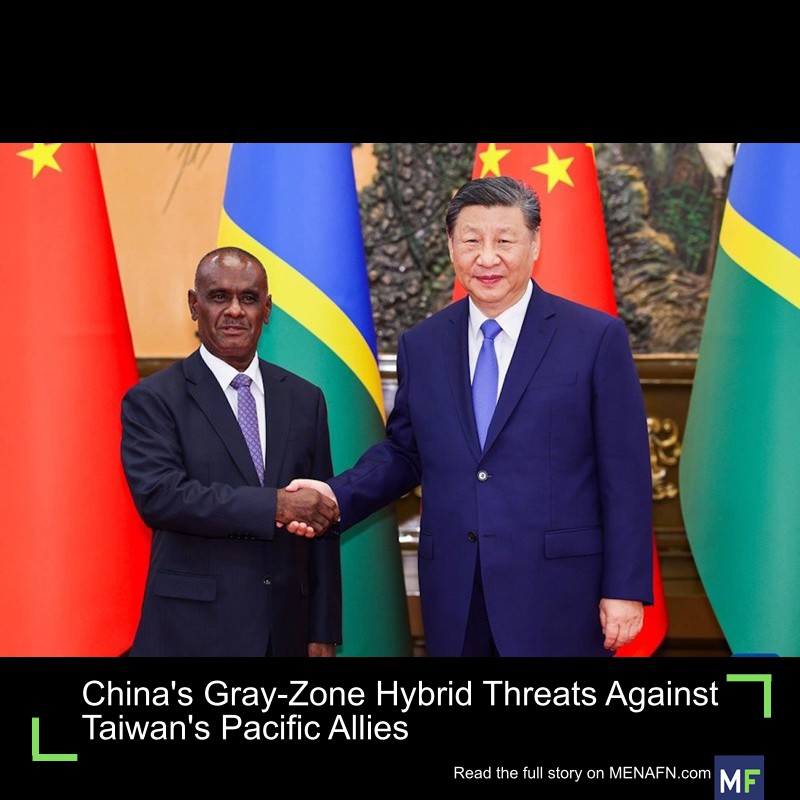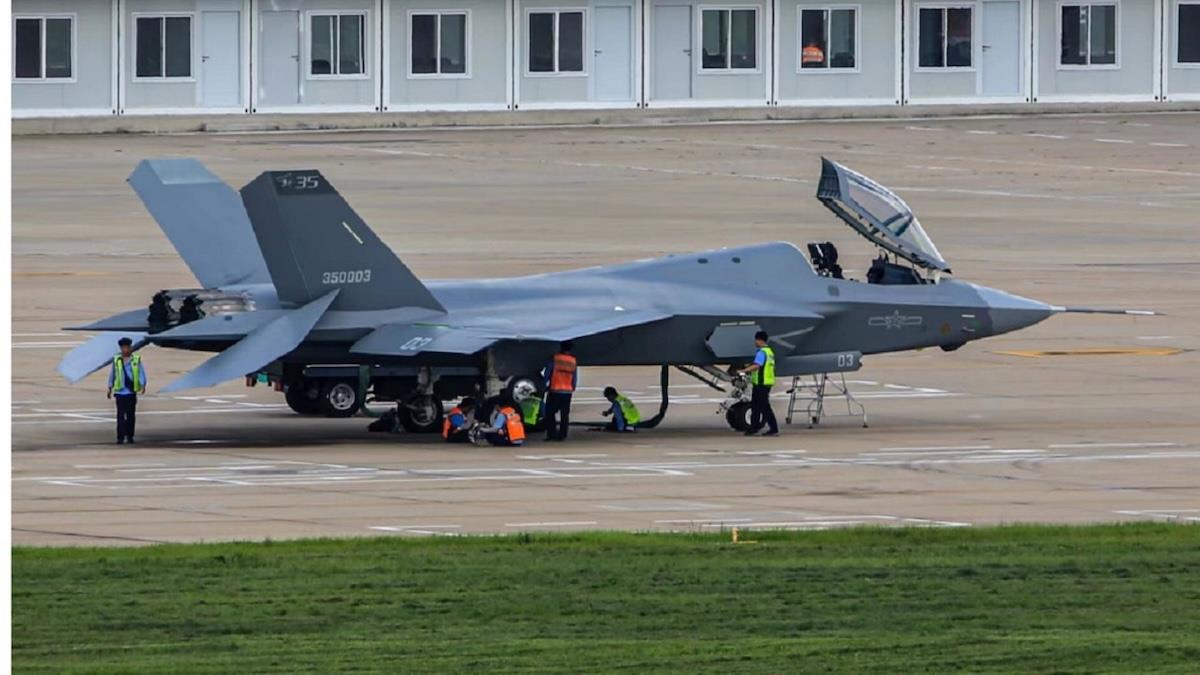
China's Gray-Zone Hybrid Threats Against Taiwan's Pacific Allies
In the Indo-Pacific's intensifying great power competition, Taiwan's Pacific allies – Palau, the Marshall Islands and Tuvalu-are increasingly caught in the crosshairs of China's hybrid warfare. These microstates, long diplomatically aligned with Taipei, are now contending with cyberattacks, disinformation, economic coercion and elite capture that exploit their resource limitations and geopolitical exposure.
Events such as the June 2025 Taiwan-Marshall Islands security pact and revelations of Chinese organized crime in Palau underscore a broader pattern: Beijing is deploying gray-zone tactics to undermine sovereignty, fracture alliances and weaken the US-led regional order.
Hybrid threats encompass a range of operations that combine cyber intrusions, manipulation of influence, economic pressure and the spread of disinformation. Unlike traditional forms of coercion, these threats function beneath the level of overt conflict, using ambiguity to reduce the likelihood of international backlash.
In the Pacific Islands, these threats find fertile ground . Countries such as Palau, the Marshall Islands and Tuvalu have small populations and limited state capacity. Their diplomatic recognition of Taiwan and Compact of Free Association agreements with the United States place them at the heart of regional rivalry.
Beijing's toolkit now includes dual-use platforms such as fishing fleets and unmanned systems, supported by the world's third-largest coast guard.
These assets enable surveillance, economic disruption and maritime intimidation. Though presented as diplomacy or development aid, many of China's recent actions reveal a deeper strategic calculus.
Hybrid warfare in actionPalau: a targeted pressure campaign
Palau offers a striking example of China's hybrid operations. In March 2024, a cyberattack attributed to Chinese actors breached government systems, stole 20,000 documents, and caused $1.2 million in damages. At the same time, tourism restrictions that have been in place since 2017 reduced the share of Chinese tourists from 60% to 30%, significantly impacting Palau's GDP. Disruption strategies, including mass cancellations of hotel bookings, have further unsettled local markets.

Legal Disclaimer:
MENAFN provides the
information “as is” without warranty of any kind. We do not accept
any responsibility or liability for the accuracy, content, images,
videos, licenses, completeness, legality, or reliability of the information
contained in this article. If you have any complaints or copyright
issues related to this article, kindly contact the provider above.






















Comments
No comment